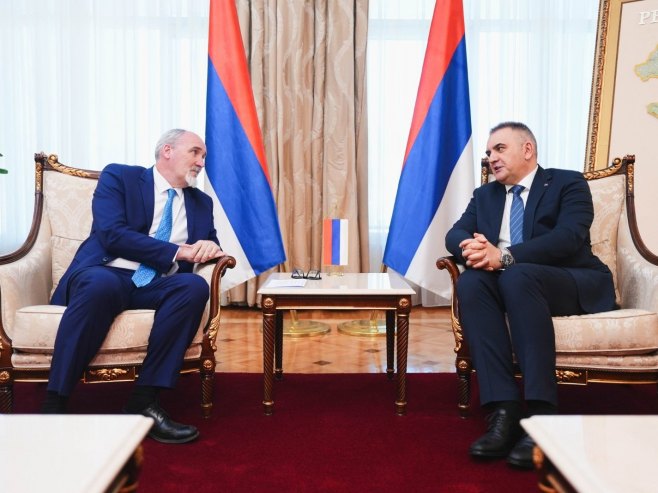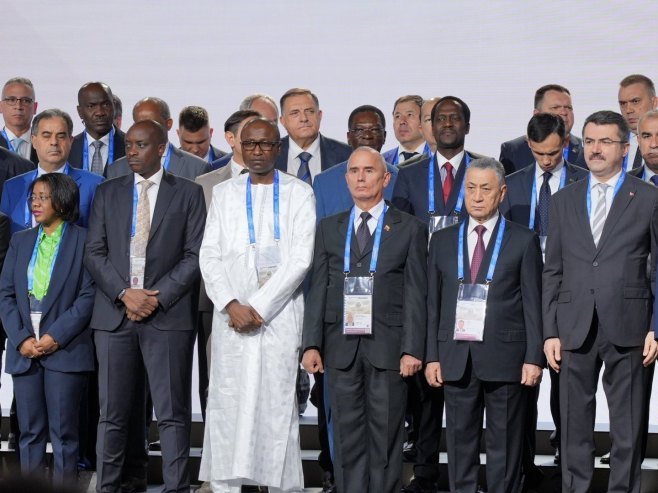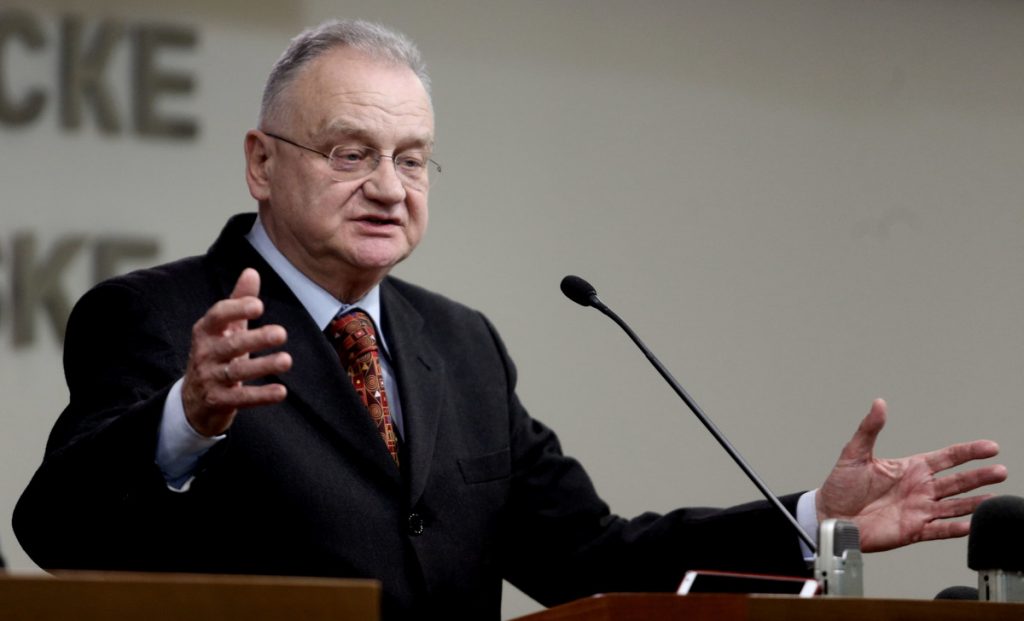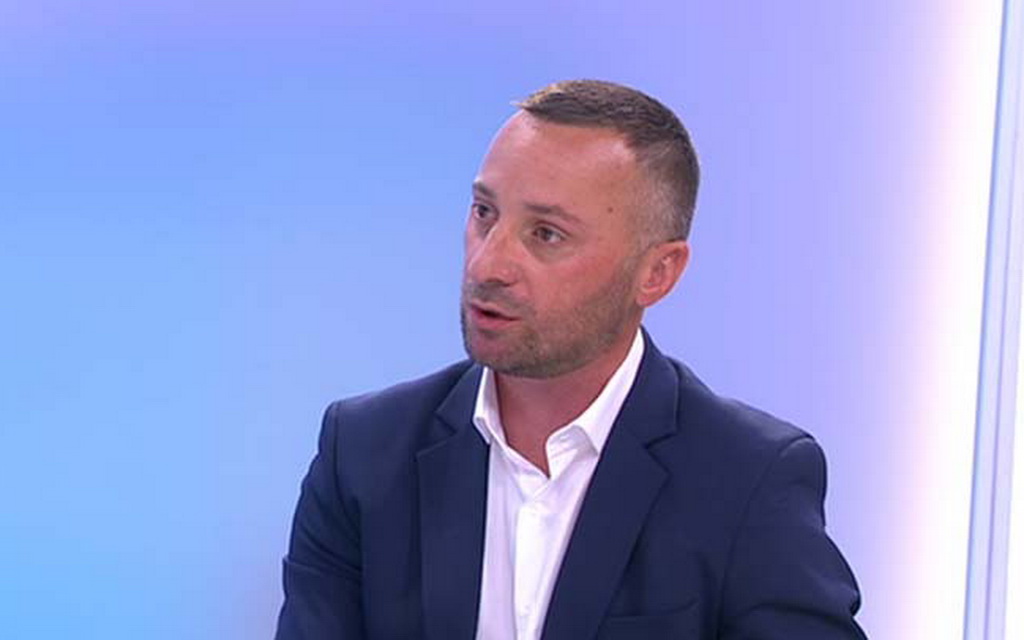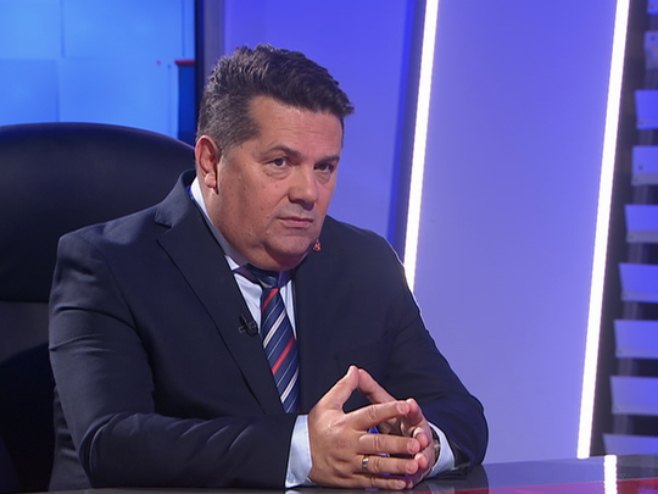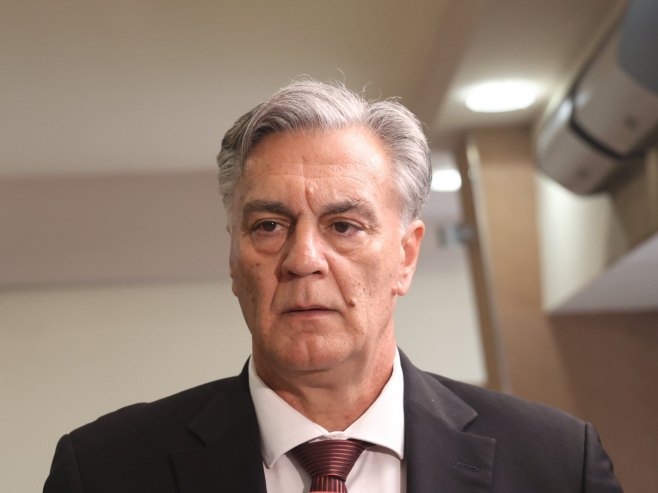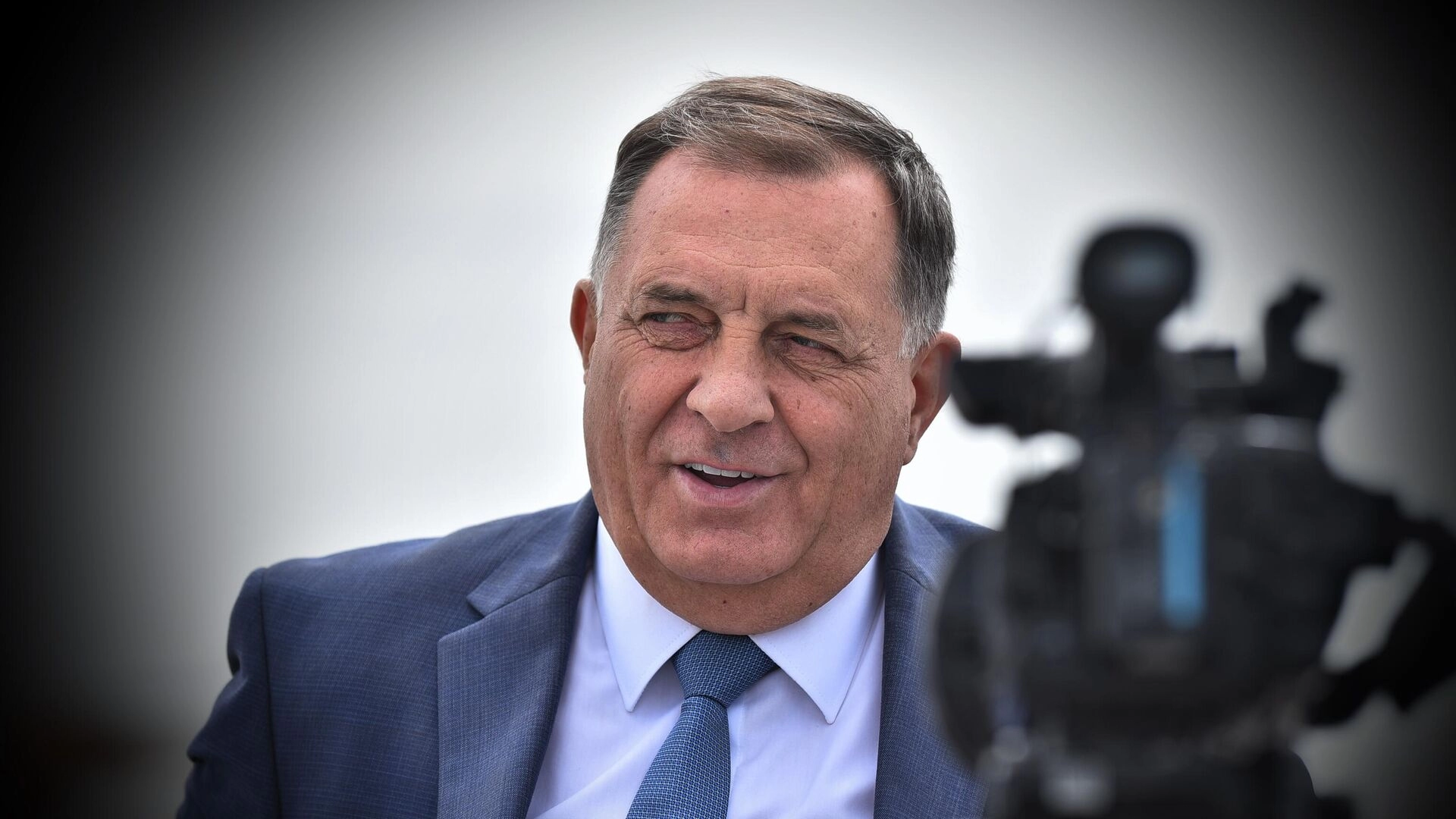An International Conference of High Representatives for Security Issues was held in Moscow, bringing together representatives from more than 100 countries. The conference was chaired by Secretary of the Russian Security Council, Sergei Shoigu, and participants were addressed via video link by Russian President Vladimir Putin. The President of Republika Srpska, Milorad Dodik, was the first foreign official to speak at the plenary session.
Leaders and officials from over a hundred countries discussed the possibilities of forming a security architecture based on equality and indivisibility, with a particular focus on the challenges and opportunities for the countries of the Global South and East. These countries, emphasized the Russian president, now represent the global majority, defending the principles of sovereign equality and the right to choose their own development path.
“As for Russia, our approach remains principled and unchanged. I’ve said this many times and will repeat it again — we are convinced that a new security architecture must be equal and indivisible, meaning that every country must be given firm guarantees for its own security, but not at the expense of the security and interests of others,” said Putin.
Russian Foreign Minister Sergei Lavrov stressed that global stability largely depends on whether the West can be prevented from pursuing its own interests at the expense of others. He also stated that the West’s insistence on territorial integrity in the case of Ukraine, while ignoring the right of nations to self-determination, is unacceptable.
“In the United States, and especially in Europe, many still see multipolarity not as a benefit, but as a challenge — even a threat. A threat to the so-called rules-based order that the West has been trying to impose since the end of the Cold War for its own selfish interests,” Lavrov said.
Sergei Naryshkin, head of Russia’s Foreign Intelligence Service, drew a parallel between the current leadership of the European Union and Nazi Germany’s Adolf Hitler. He stated that Brussels, like Berlin in the past, is attempting to convince Europeans of the necessity of militarization and is spreading fear of threats from the East.
“Russia has no right to be weak. Russia has no right to abandon its values or to follow the unachievable illusions of liberalism and globalism. History teaches us that security in the Eurasian continent — and ultimately, the whole world — depends on Russia’s strong position,” said Naryshkin.
The first foreign official to address the plenary session was the President of Republika Srpska. Dodik stated that the most important national interest of any country is its security, as it guarantees survival in the modern international system. In his words, in order to protect its integrity, sovereignty, and international law, Russia launched its special military operation — which, according to him, not only curbs NATO expansion but also creates a free world.
“This is why Republika Srpska strongly supports the efforts and initiatives of the Russian Federation’s leadership for a new global security architecture based on consensus among all members of the international system — one without double standards or force as the only legal argument, which we have witnessed both in the past and today in certain regions,” said Dodik.
He emphasized that major changes in the international order are the result of a redistribution of power. For the first time, the so-called collective West is no longer the absolute hegemon but merely one of several poles of power. Dodik pointed out that the key drivers of global transformation are the BRICS countries, led by Russia and China.
“Today, these great powers representing entire civilizations are forming a new system of states. Civilizational states like Russia, China, India, Brazil, and South Africa, through BRICS, along with the growing efforts of Saudi Arabia, have begun to balance political and economic power against the collective West. This is the foundation on which a new international security architecture is being built,” said Dodik.
He added that the Western concept of international security is best illustrated by the example of Republika Srpska and the southern Serbian province of Kosovo and Metohija. He briefed all participants on the political crisis in Bosnia and Herzegovina, caused by the illegitimate Christian Schmidt.
“The fake high representative is a German — representing yet another dark chapter of German history and the last institution of Western neocolonialism in the Balkans. I take this opportunity to thank the Russian Federation and China as permanent members of the Security Council for refusing to allow the appointment of such a dubious figure,” Dodik emphasized.
Dodik also expressed hope that the return of Donald Trump to the White House and the arrival of a new U.S. administration would contribute to the creation of a more balanced, multipolar world.
Source: RTRS

